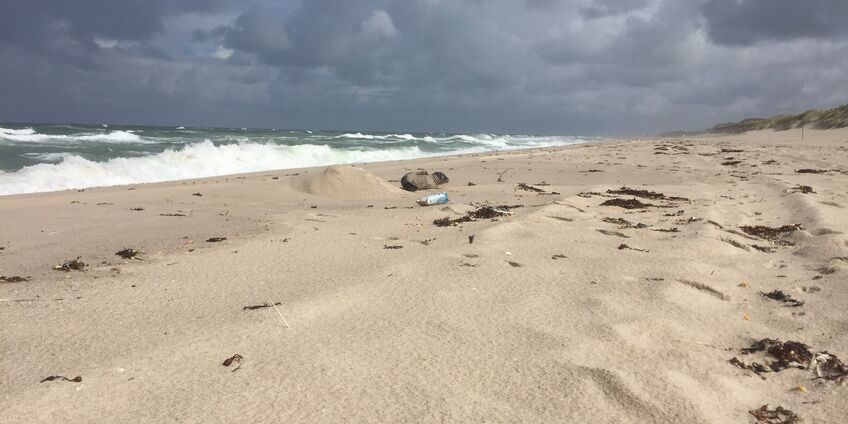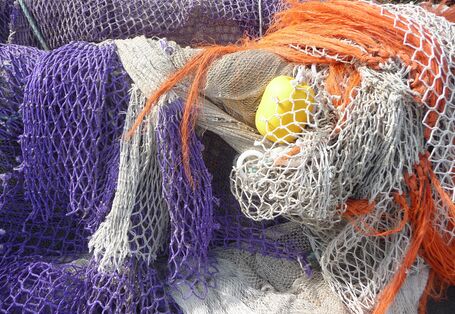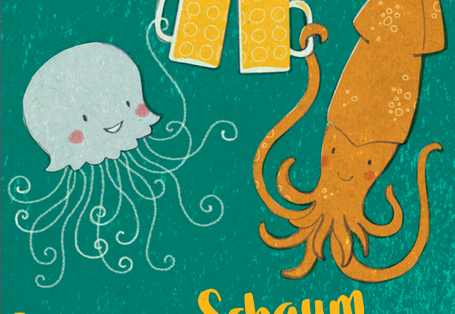Marine protection starts on land
Many pollutants in marine waters originate on land. Even activities that take place far from the coast can contribute to marine pollution, as the oceans are connected to the inland via rivers.
How do agriculture, road traffic and plastic waste contribute to marine pollution? To highlight the problem, UBA has produced a short film (in German only) about the Elbe, one of the largest tributaries of the North Sea. It provides advice on how to protect the ocean through changes to our lifestyles and habits.








